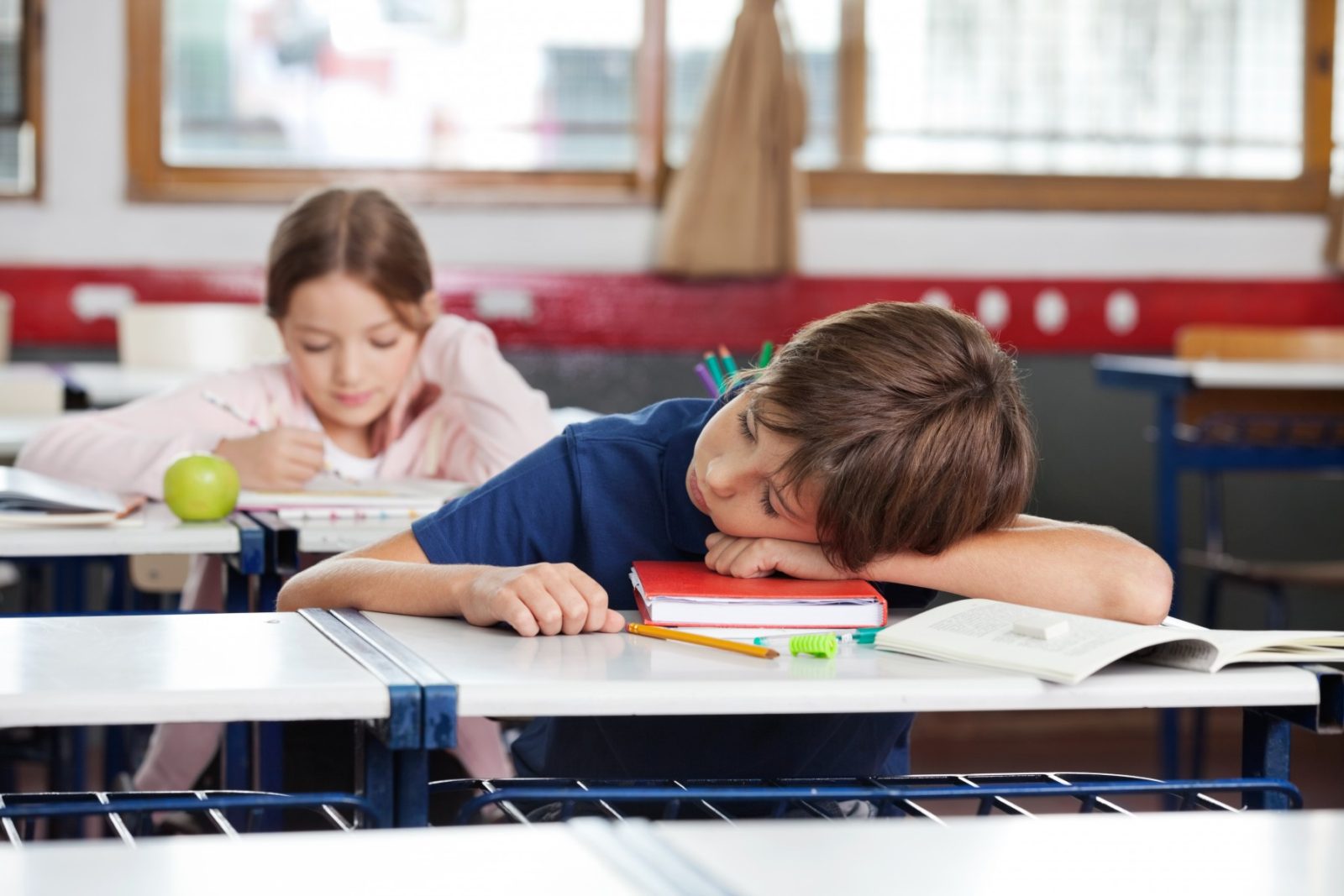Forty percent of Czech children aged 11 to 15 sleep less than experts recommend on weekdays. They may then suffer from being overweight and struggle with psychological problems. This is according to a study by Palacký University in Olomouc. On average, these children sleep about eight hours on weekdays and about an hour and a half more on weekends. The recommendation for children aged six to 12 is nine to 12 hours of sleep a day and for teenagers eight to ten hours.
The researchers based their study on the sleep recommendations for children made by the U.S. National Agency for Disease Control and Prevention (CDC). These are the globally recognized standard, according to the study’s principal investigator, Michal Kalman. Four out of ten Czech children aged 11 to 15 do not meet these recommendations.
“Time spent sleeping decreases with age. While 11-year-olds get close to nine hours of sleep on average on weekdays, 15-year-olds get just over seven and a half hours,” Kalman said. Among 15-year-olds, half don’t meet the sleep duration recommendations.
Some children also suffer from so-called social jet lag, which is the disparity between how much sleep the body needs and how much it gets due to social needs and conventions. For nearly half of 15-year-olds, Kalman says, the gap is as much as two hours.
According to the study, sleep length is related to how much time kids spend watching movies, playing games, or being on social media each day. Children who engage in these activities for more than two hours a day are much more likely to fall short of sleep recommendations.
Impact on health
Sleep deprivation harms children’s health, according to Kalman. Schoolchildren who do not meet sleep recommendations are more likely to suffer from mental and physical problems, headaches, irritability, and lower life satisfaction. Children who do not get enough sleep also tend to skip breakfast, drink more energy drinks and eat more chips.
The authors of the study recommend that if children meet the sleep duration recommendations, they should fall asleep and get up at the same time every day if possible. They should also avoid blue light from cell phones, tablets, or certain LED lights, which suppress melatonin production, a hormone essential for sleep, for about an hour before bedtime.
Relaxing activities such as reading books, listening to quiet music, journaling, talking with family, etc., are also appropriate.
The researchers combined data from a regularly repeated questionnaire survey in Czech schools and an analysis of children’s movement behavior. The questionnaire involved about 13,400 children from 234 schools across the Czech Republic, and the study involved 700 children whose activities were measured continuously for seven days. Data collection took place in 2018.
The research is part of the international HBSC (The Health Behaviour in School-aged Children) study, which focuses on children’s lifestyles. The authors also used the data collected during the research to create materials for teachers, guidance counselors, and parents. They are also organizing a training course for teachers.






Leave a Reply